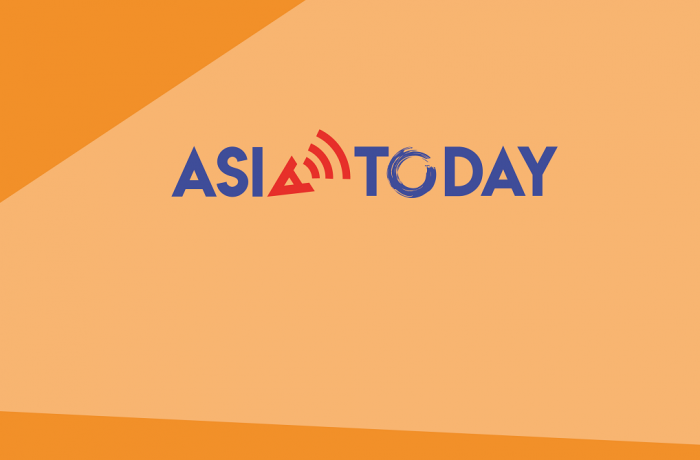Abu Dhabi accepts credentials of Taliban ambassador
Today's news: In Indonesia new clash between Joko Widodo and the Constitutional Court over local elections; China responds to Europe's tariffs on electric cars by opening an investigation into dairy products; September census in India, results in 18 months; Russians protest poor quality Armenian cognac after crisis in relations with Yerevan.
UNITED ARAB EMIRATES-AFGHANISTAN
The United Arab Emirates has accepted the credentials of the Taliban ambassador to the country. This is a new achievement for Kabul after a first Taliban ambassador was appointed in China last December. The Ministry of Foreign Affairs in Kabul confirmed the appointment of Badruddin Haqqani. Although the Taliban remain isolated from the West, they have pursued bilateral ties with major regional powers. Last week, Uzbek Prime Minister Abdulla Aripov arrived in Afghanistan in the highest-level visit by a foreign official since the Taliban returned to power in Kabul three years ago.
INDONESIA
Thousands of people in Indonesia took to the streets to protest government attempts to overturn a Constitutional Court ruling that would open local elections to smaller parties. Yesterday the high court had ruled that parties would no longer need a minimum of 20 percent representation in their regional assemblies to put up a candidate. Today, parliament-with an emergency motion that was later suspended-attempted to undo these changes. The status quo favors the ruling coalition parties of outgoing president Joko Widodo and his successor Prabowo Subianto. The Indonesian government is also trying to find a way around the court's decision to uphold the current minimum age limit of 30 for candidates, which would prevent Widodo's 29-year-old son, Kaesang Pangarep, from running for office in Central Java. Another son of the outgoing president, Gibran, was elected as vice-president alongside Prabowo in the February election.
CHINA-EU
The Chinese government has launched an anti-subsidy investigation into EU dairy imports, in a new chapter in the trade war between Brussels and Beijing. Coming a day after the European Commission unveiled its final draft of duties on Chinese electric vehicles (EVs), Beijing's investigation will cover nearly all shipments of dairy products from April 2023 to the end of March 2024. The move is widely seen as political payback for the EU's investigation of Chinese EVs. Dairy products under investigation represent more than €500 million in annual value.
INDIA
India is expected to start its long-delayed population census in September. Two government sources told Reuters news agency. India's census, which is held once every 10 years, was supposed to be completed in 2021, but was delayed due to the COVID-19 pandemic. It will take about 18 months to complete the new survey. Delays on the Indian census have long been criticized because they affect the quality of many other statistical surveys, including economic data, inflation, employment estimates, and measures for the disadvantaged segments of the population.
JAPAN
The Nintendo Museum, the first such facility created by the video game giant, will open its doors in Kyoto on October 2. The museum will feature an array of software and game consoles, including the Family Computer (Famicom), released in 1983. Visitors will be able to play games and have interactive experiences with characters from the famous Super Mario series. The museum building was renovated from the Uji Ogura factory, where the company produced “hanafuda” (Japanese playing cards) and repaired consoles.
KAZAKHSTAN-CHINA
The website Orda.kz reports that the Kazakhstan market has become one of the priorities of China's automotive industries, surpassing even Japan. In the past month alone, 469,000 cars made in China were sold in the country, almost 20 percent more than in the same period in 2023. Since the beginning of 2024, car exports from China to Kazakhstan have already reached 3 million 260 thousand cars.
ARMENIA-RUSSIA
The Russian Association Against Counterfeits has reported that 90 percent of Armenian cognac imported into Russia does not meet quality standards. Half would be total counterfeits containing alcohol not produced from grapes. According to the Russians, these violations began after the deterioration of relations between Yerevan and Moscow and Armenia's exit from the Csto.
15/07/2023
20/11/2025 10:17
18/11/2025 10:12







.png)










